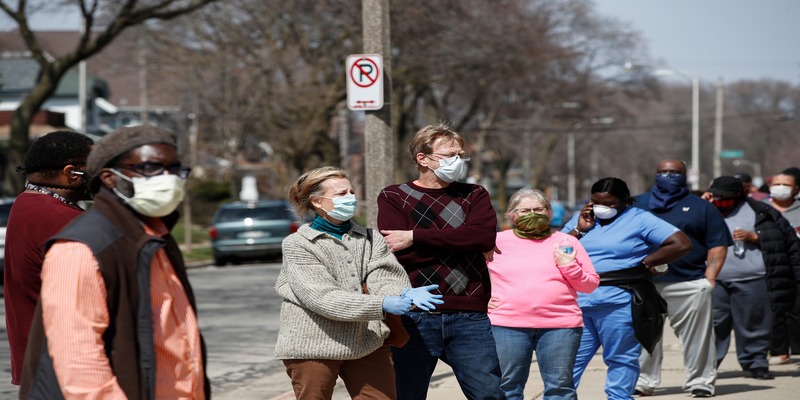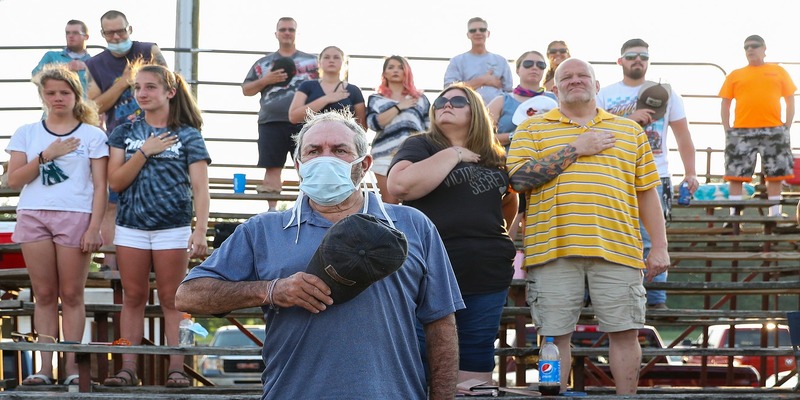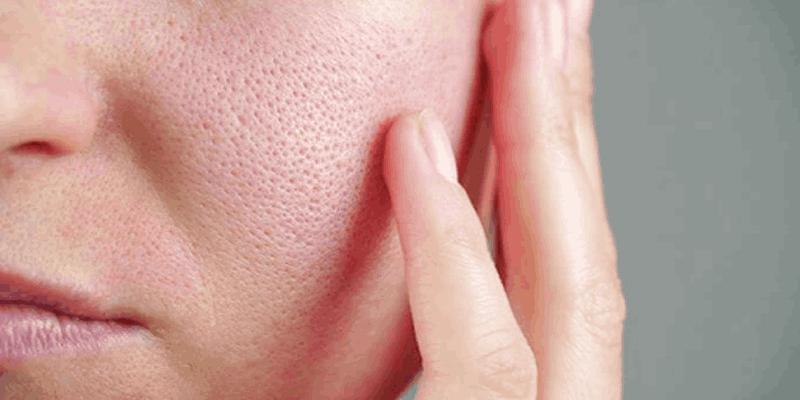Many people prefer not to wear masks in public to protect themselves and others against COVID-19, despite mask regulations in certain states and a recommendation from the Centers for Disease Control and Prevention as a life-saving gesture.
Protesters against masks occupied a Los Angeles shopping centre on January 3, with some broadcasting the event as "freedom lovers," arguing that masks are a form of "control." The Centers for Disease Control and Prevention initially advised against face masks used for healthy individuals during the early stages of the COVID-19 outbreak.
The Centers for Disease Control and Prevention released a proposal last April recommending that everyone wear a cloth face mask or covering in public to help reduce the spread of the coronavirus. Naturally, there was some uncertainty, and it wasn't helped by the fact that President Trump, unlike many members of his cabinet, chose not to wear a face mask.
Confusing Individuals With Conflicting Signals

According to Dr DeSilva, conflicting signals from the media and authoritative figures like government authorities might be leaving us hesitant about whether or not to cover our faces.
When something is stated as reality one day and then rephrased as fiction the next, she argues, "credibility is lost." "Data and views have more weight, however, when they are supported by evidence.
Increased public support can be achieved by informing the public of how new knowledge modifies the official message. Adults tend to resist when instructed what to do without being given an explanation."
New York psychiatrist MD feels it helps to have a simple, direct message that specifies the best course of action even if you don't want to do it. She says that when presented with various choices, people will pick the one that sounds best.
Denial Is A Powerful Motivation
Some people's resistance to wearing a face mask might be rooted in denial, which is a very effective defence strategy. To paraphrase, "denial sets in naturally when someone can't manage the depth and gravity of a problem." There will be a proliferation of coping mechanisms as a result of the traumatic nature of the COVID-19 problem.
Fearful people are more likely to engage in a vicious cycle of denial, avoidance, and ignorance of the facts, ultimately failing to take protective action against the feared outcome. It's a never-ending spiral of negativity that only makes things worse."
The proliferation of conspiracy theories and other far-fetched explanations for the epidemic contributes to this denial." The internet is a fertile ground for outlandish concepts to gain a following."
There is a growing chorus of sceptics who are challenging the official numbers we've been given on the spread and severity of COVID-19. Some individuals are actively in denial about the infection, while others are in denial about it just unconsciously."
Unmasking Gives Control
Many of us are ready to forget about the crisis and return to living our lives as they were before it. Some restrictions have been lifted, and now is the time in the epidemic when more individuals can make their own decisions.
For some, that means taking the opposite approach and forgoing all forms of social distance and mask-wearing. "Some people are opting to defy the authorities and stop wearing masks altogether. It's understandable that some might object to wearing the mask, which has come to represent COVID-19."
Only Some People Are Willing To Play Nice

You could be accurate in assuming that some people are either too lazy to put on a face mask out of pure laziness or too arrogant to believe they need to follow the laws. The author says, "I do think some people have a feeling of elitism, narcissist tendencies, or a better-than-others type of self-image."
Fear and isolation contribute to the development of these defensive systems." Some people who refuse to wear masks do so because they are concerned only with their own welfare and convenience, and they are either too thoughtless or too self-centred to realize that by protecting themselves by covering their mouths and noses, they are also protecting their loved ones and the rest of the community from contracting the virus.
They don't value the larger good enough to sacrifice their own comfort for the sake of it " People's actions toward others are usually reflective of their own self-esteem. In other words, "if they don't care about the well-being of others, it's often because they have deep fears where they have difficulties feeling compassion for themselves and practising self-care."

Signs of Fibroids Breaking Down
Feb 25, 2024

An In-depth Exploration of Your Weight Training Journey
Mar 05, 2024

How Does Retinol Work
Nov 08, 2023

How to Treat Eating Disorders
Sep 05, 2024

What is Vitamin B12
Nov 18, 2023

Health Benefits of Saffron
Oct 31, 2023

Explore 10 Prominent Health And Nutritional Benefits Of Rutabaga
Mar 05, 2024

What is Mild Autism
Nov 02, 2023



